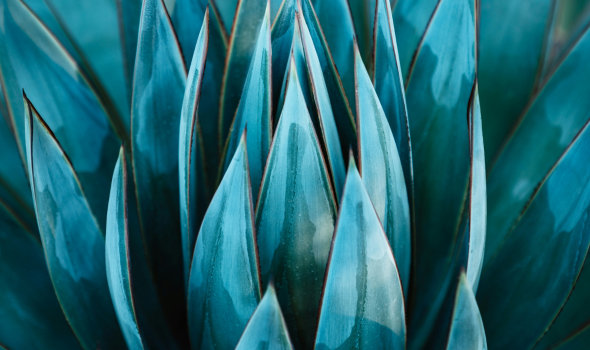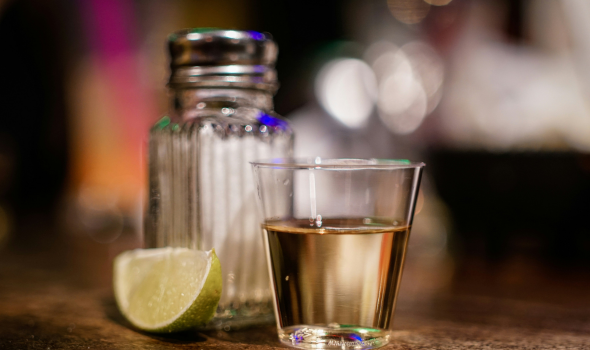
Ordenar per:
Tequila is an alcoholic beverage native to Mexico and is made specifically from the blue agave, a plant that grows mainly in the Tequila region of the state of Jalisco and some adjacent areas. The tequila production process involves several steps. First, the tough, spiky leaves of the agave are cut away to reveal the heart, or "piña," which is the part used to make tequila. The pineapple is then cooked in special ovens to convert the starches into fermentable sugars. After cooking, the pineapple is crushed, and the sweet juice is extracted and fermented to convert the sugars into alcohol. Fermentation can last several days, depending on the producer and the type of tequila you want to produce. Once fermented, the resulting liquid is distilled in stills to obtain a purer and more concentrated alcohol. Freshly distilled tequila, known as "ordinario" or "blanco", can be bottled directly or aged in oak barrels to obtain different types of tequila.

To taste tequila and appreciate all its flavors and nuances, it is recommended to follow a few simple steps. First, pour a small amount of tequila into a suitable tasting glass, preferably a clear glass. Observe its color and viscosity, appreciating the reflections and the consistency of the liquid. Then bring the glass up to your nose and breathe gently to capture the aromas of the tequila. You may notice herbal, citrus, spicy, or sweet notes, depending on the type and age of the tequila. Take a moment to explore the different scents and appreciate their complexity. Then take a small sip and allow the tequila to spread throughout your mouth. Hold it on your tongue for a few seconds, letting the flavors develop. You may notice agave, pepper, vanilla, caramel, fruit, or spice flavors, depending on the type of tequila. Pay attention to the texture in your mouth, whether it is smooth, creamy, or spicy. Continue to savor the tequila, letting it sweep over your palate and exploring the nuances and layers of flavor that are revealed. Watch how it evolves as it mixes with your saliva. Finally, gently exhale and notice the flavors that linger in your mouth. Take note of the final sensations and flavors that remain after drinking the tequila.

There are several types of tequila that are classified according to their production process and aging time. The most common types of tequila are mentioned below:
Also known as silver tequila, white or ordinary tequila, it is tequila without aging or with a brief period of rest in oak barrels. It is transparent and has a fresh and invigorating flavor, highlighting the pure and natural flavors of the agave.
Rested tequila is aged in oak barrels for a minimum period of two months, but no more than one year. During this time, it turns a light golden color and develops smoother, more complex flavors. It usually has notes of vanilla, caramel and wood, combined with the distinctive flavors of agave.
Añejo tequila is aged in oak barrels for a minimum period of one year, but not more than three years. It acquires a dark amber color and develops deeper and more complex flavors. Barrel aging gives it intense notes of vanilla, caramel, wood and spices, with greater softness and roundness.
This type of tequila is the oldest and is aged in oak barrels for more than three years. It is the smoothest, most refined and sophisticated tequila in terms of flavor. It has a deep amber coloration and offers complex, rich and well-balanced flavours. May have prominent notes of wood, ripe fruit, spices, and other flavors derived from prolonged aging.
It is important to note that these are the types of tequila officially recognized by the Tequila Regulatory Council (CRT) in Mexico. However, other variants and styles of tequila also exist, such as joven tequila (a blend of blanco and reposado tequila), gold tequila (a blend of blanco and añejo tequila), as well as limited edition tequilas or premium tequilas that may be processed. special production.